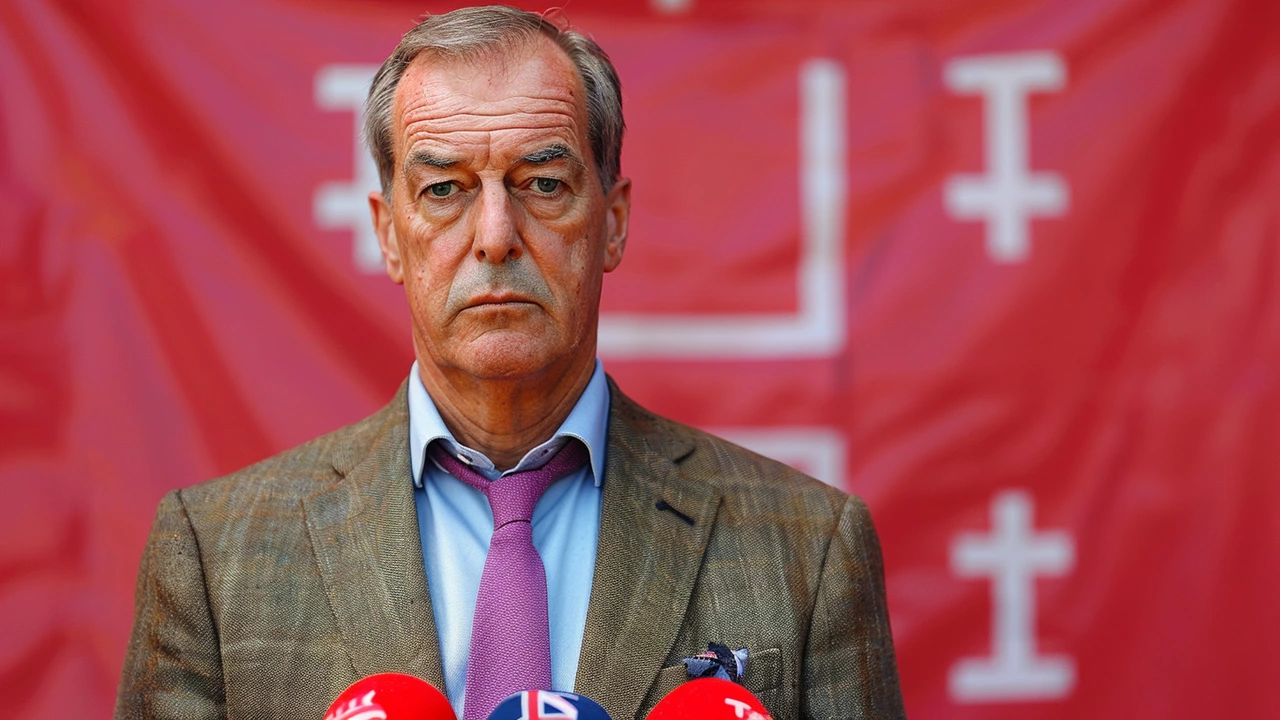Nigel Farage – What’s He Up To and Why It Still Matters
If you’ve been following UK politics for the last decade, the name Nigel Farage probably pops up a lot. He’s the face of the Brexit push, a regular guest on TV, and a polarising speaker who can spark a debate in seconds. Whether you love him or not, his actions still shape headlines, party strategies and public opinion.
Why Farage Remains a Political Force
Farage started out as a businessman, then became a European Parliament member for the UK Independence Party (UKIP). He turned UKIP from a fringe group into a serious contender by focusing on the EU‑membership question. When the 2016 referendum arrived, his relentless campaigning helped swing the vote toward leaving the EU.
After Brexit, he founded the Reform UK party (formerly the Brexit Party) and used it to pressure the government on trade deals, immigration policies and pandemic restrictions. He’s skilled at framing complex issues in simple, punchy slogans – that’s why his tweets and soundbites get shared widely.
Recent Headlines Involving Farage
In the past few months, Farage has been in the news for three main reasons. First, he’s been vocal about the UK’s post‑Brexit trade talks, criticizing any deal that looks too close to EU rules. Second, he’s appeared on talk shows to argue against COVID‑19 lockdowns, calling the measures “over‑reaching”. Finally, he’s sparked controversy with comments on immigration, which have drawn both support from his base and condemnation from civil‑rights groups.
These stories illustrate a pattern: Farage thrives on stirring debate. Even when a story fades, his name keeps popping up in related discussions, keeping the conversation alive.
For fans of political analysis, tracking Farage’s moves offers a window into the broader right‑wing resurgence in Britain. For opponents, his statements are a reminder of the ongoing cultural and policy battles. Either way, his influence spills over into elections, media coverage and public sentiment.
What does this mean for everyday readers? If you’re trying to understand why certain policies get pushed, watching Farage’s rhetoric can give clues. He often frames issues around “sovereignty” and “freedom”, terms that resonate with many voters. Recognising that framing helps you see past the surface and evaluate the real impact of proposed laws.
In short, Nigel Farage is more than a headline. He’s a catalyst for debate, a strategist who knows how to use media, and a figure whose actions still steer parts of UK politics. Keeping an eye on his statements, interviews and campaign moves can help you stay ahead of political trends and understand the forces shaping Britain’s future.

Nigel Farage Unveils Ambitious Reform Party Election Campaign in Dover
Nigel Farage kicked off the Reform Party's election drive in Dover, vowing to transform Britain. He named FairFuelUK founder Howard Cox as the candidate for Dover and criticized major political parties. Farage defended his controversial rhetoric and outlined a six-year vision. Predicting a Labour win, he also mentioned Prime Minister Rishi Sunak's election motives.